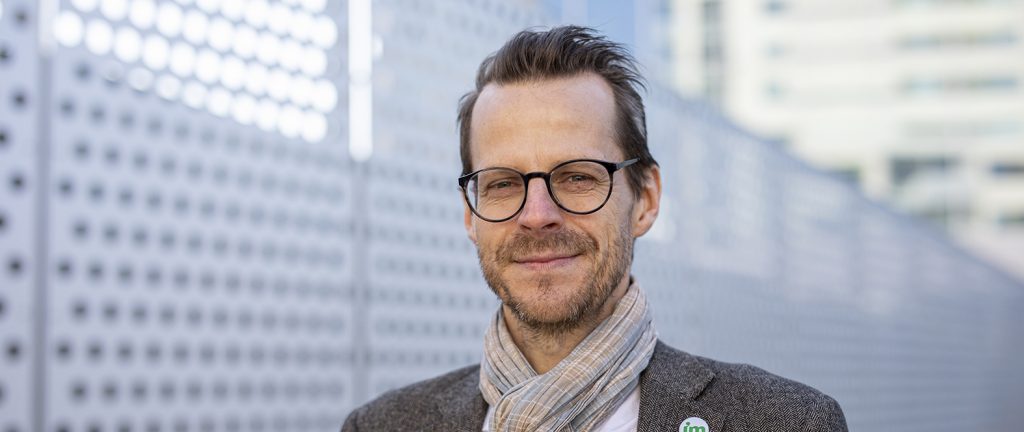
Time for the EU to open the door to Moldova and Ukraine
Europe is currently facing a unique opportunity to make a decision that can bring about a significant change in democratic development, not only in Eastern Europe but throughout Europe. On 1 March, the European Parliament adopted a resolution calling on the EU institutions to grant Ukraine candidate status in accordance with Article 49 of the Treaty on European Union. A similar resolution was adopted on 5 May on Moldova. On 23-24 June, the European Council will meet and decide on the countries’ candidate status.
Both Ukraine and Moldova have submitted their formal application for EU membership. Applications are supported by several Member States and the European Parliament, but the issue requires all EU countries to support a country’s candidate status. However, there is disagreement, and the issue of EU enlargement is sensitive. For countries such as Ukraine and Moldova, it can be difficult to meet several of the EU’s requirements, including an independent judiciary, free from corruption, and media freedom.
IM, which has long worked with civil society organizations in both Moldova and Ukraine, sees a strong democratic aspiration in the countries and we support our partners who fight for human rights, equality, and anti-discrimination. We believe that EU membership would accelerate that development and also strengthen our own civil society. Democratic forces fight best together, without obstacles, and together we can meet anti-democratic currents that threaten the values we stand for.
Both before and during the war, we have been deeply impressed by our partners’ work in the region. During the crisis, civil society organizations in Ukraine working on anti-corruption and youth participation in the democratic arena have shifted their efforts to supporting internally displaced persons, not only with food and shelter, but also with psychosocial support and legal assistance. Organizations in Moldova that work to strengthen the rights of minorities and vulnerable groups are committed to people with disabilities on the run who need specially adapted transport and housing, aid, and healthcare. We have partners who work with advocacy against authorities and governments to strengthen the democratic institutions in the countries and who are now actively working for governments to take responsibility for all the people who have difficulty raising their own voices in the crisis. They are all role models for how a strong and committed civil society should act in both peacetime and wartime.
Of course, the EU candidate countries, and for that matter member states, must meet the requirements set for democracy. No exceptions should be made there due to the invasion of Putin’s regime. But we know that the current governments as well as civil society and many people in Moldova and Ukraine are fighting for democracy, freedom, equality, and the rule of law in the countries. An application process would have been a clear support for these forces. It can also be a crucial driver for peace in the region. EU membership for the countries will bring both direct and long-term stability and provide access to the European market in a way that would strengthen the countries’ economies and affect post-war recovery – which in turn could have a positive impact on democratization processes.
A refusal would be seen as a lack of political support from the EU and could contribute to further destabilization. The significance of this decision, in the current geopolitical circumstances, is difficult to underestimate.
We therefore hope that Moldova and Ukraine will be granted candidate countries at the forthcoming meeting. We call on Swedish politicians and the Swedish government to push for the European Council to take this decision at the next meeting.
——————
Martin Nihlgård, Secretary General IM
Silvia Apostol, Regional Manager IM Eastern Europe
The article has been published as an op-ed in Swedish newspapers Sydsvenskan and Helsingborgs Dagblad.